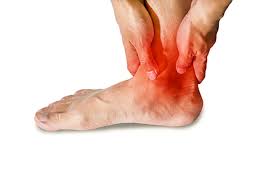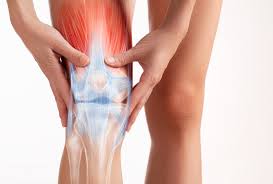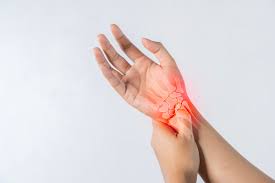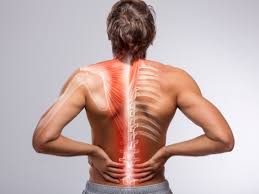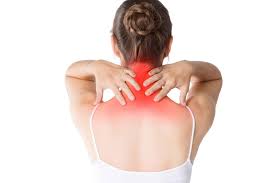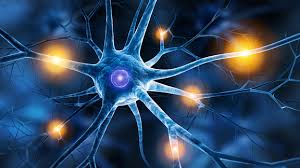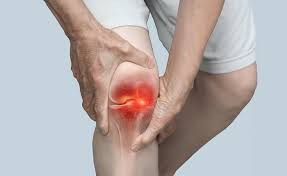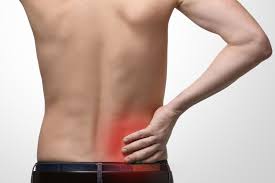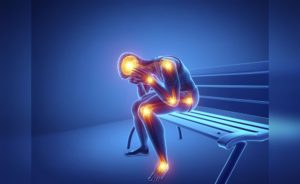1. Causes
Abdomen pain may result from digestive, muscular, reproductive, or nerve-related issues. It can be acute or chronic, localized or diffuse, and may arise from both internal organ dysfunction and musculoskeletal strain. In Traditional Chinese Medicine (TCM), abdominal pain may be due to cold invasion, food stagnation, liver Qi stagnation, blood stasis, or deficiency of spleen and kidney.
2. Underlying Factors
– Irritable bowel syndrome (IBS), indigestion, or food intolerances
– Constipation, bloating, or gas accumulation
– Menstrual cramps or gynecological conditions (e.g., endometriosis)
– Abdominal muscle strain or tension from poor posture
– Gastrointestinal infections or inflammation
– Emotional stress causing liver Qi stagnation
– Cold foods or exposure leading to internal cold accumulation
3. Symptoms
– Cramping, bloating, or sharp pain in the lower or upper abdomen
– Nausea, diarrhea, or irregular bowel movements
– Pain that worsens with pressure, food intake, or stress
– Menstrual-related abdominal discomfort
– Sensation of fullness or distension
– Fatigue, poor appetite, or emotional irritability
4. Treatment Options
– Acupuncture: Harmonizes internal organs, moves Qi, and relieves spasm
– Manual therapy: Gentle abdominal massage, fascia release, and breathing training
– Moxibustion: Warms meridians and disperses cold from the abdomen
– Cupping: May be used on the abdomen or back Shu points to regulate organ function
– Lifestyle advice: Regulating eating habits, managing stress, and supporting digestion
5. At-Home Tips
– Apply a warm pack to the abdomen to ease cramps or tension
– Avoid cold or greasy foods and maintain regular mealtimes
– Practice slow abdominal breathing to reduce pain sensitivity
– Use herbal teas like ginger or chamomile to support digestion
– Perform light abdominal self-massage in a clockwise direction
– Recommended products: heating pads, herbal teas, abdominal wraps, digestive enzyme supplements






